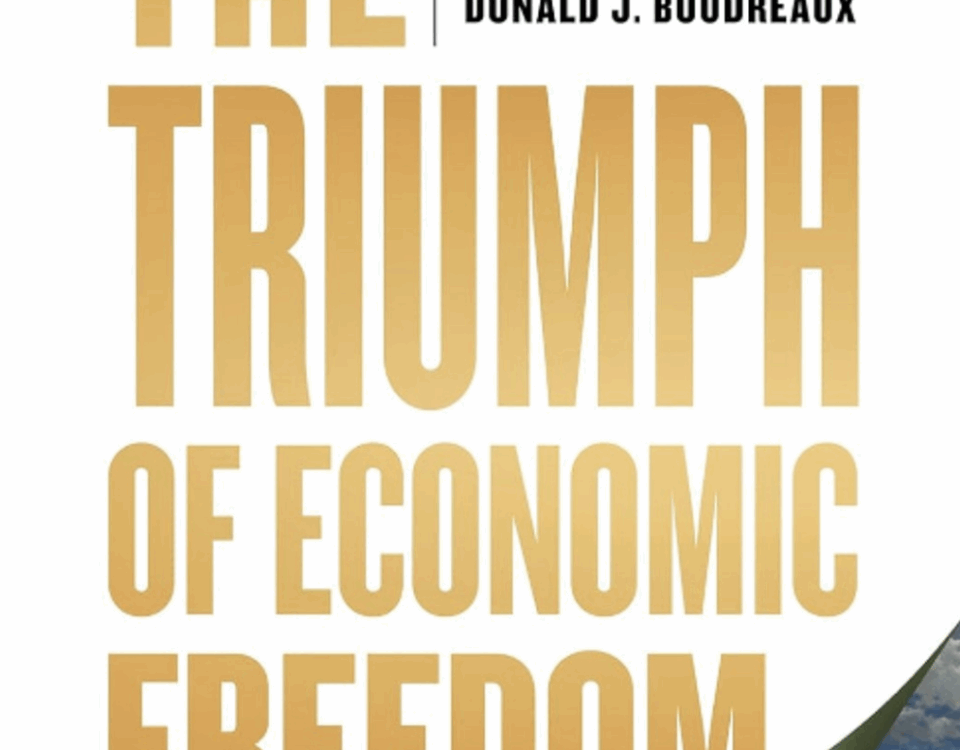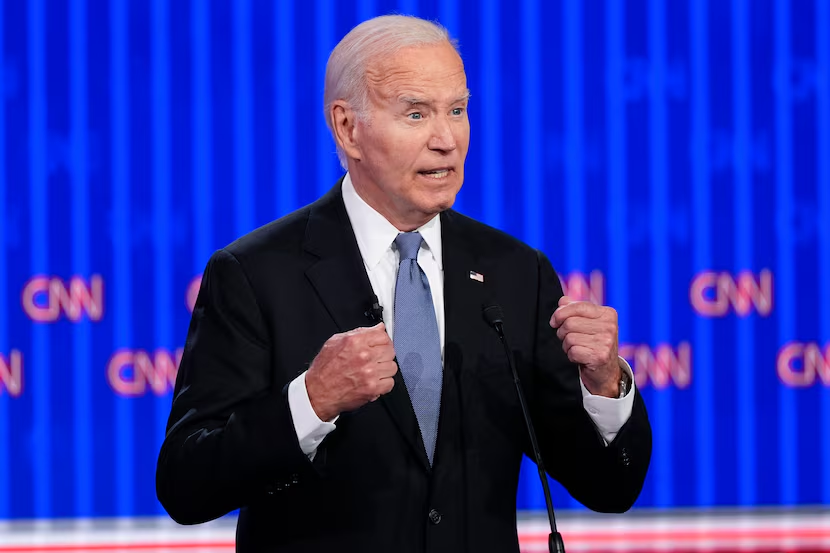Negotiation Skills
The analysis needed to understand how Dr. Kissinger went about negotiating his landmark transactions—most notably, the opening to China after decades of mutual hostility, achieving détente and the first nuclear arms control treaty with the Soviets at the height of the Cold War, bringing an end to America’s involvement in the Vietnam War at the Paris Peace Accords, and effectuating Egyptian and Syrian disengagement deals with Israel following their 1973 war—was done a few years ago by professors James Sebenius (Harvard Business School), Nicholas Burns (Harvard’s Kennedy School of Government) and Robert Mnookin (Harvard Law School), in their excellent book Kissinger the Negotiator: Lessons from Dealmaking at the Highest Level (HarperCollins, 2018). The authors’ protagonist was so impressed with their approach and final product that he wrote the book’s foreword.
Among the many “actionable insights” gleaned from their research of Kissinger’s historic horse trading, which are detailed and supported by many examples in the book, are the following:
- Start the engagement by identifying the desired final result for the negotiation while not losing sight of ongoing interests and existing positions.
- Fully research the person who will be across the table: his personality, his method of doing business, the full context of his position in his employer’s pecking order (and how he got there), his track record for credibility and his probable expectations and goals for the deal to be negotiated.
- In the words of Talleyrand: “Foresee the inevitable and expedite its occurrence,” and therefore, having started the process by knowing the end game’s goal and comparing it to one’s current position, formulate a plan that is efficient, imaginative and realistic to move from the starting gate to the finish line.
- To be able to maximize the scope of one’s plan, brainstorm and explore with one’s colleagues all commercial and legal options that could increase the number of potential bargaining chips.
- After doing what it takes to turn desired negotiation possibilities into bona fide bargaining chips (such possibilities being incentives and penalties capable of influencing one’s counterpart), determine how to play one’s hand in the most strategic sequence, which requires knowing the linkage among the factors in play.
- Once at the table with all parties present, recognize that moving toward the ultimate objective is more likely to happen if there’s rapport among the players. The best means of building rapport is to be empathetic, display a warm-hearted sense of humor, avoid lecturing or displaying arrogance, listen attentively and respectfully, communicate offers calmly and with precision; minimize tension and convey strength and flexibility as circumstances dictate. The emotional intelligence truth behind the need for rapport in negotiations is that if someone decides he likes you, he’s more likely to give you the benefit of the doubt.
- If new facts or options arise during the negotiation or a counterpart takes an unexpected position, which make adherence to one’s original plan impossible, go with the new flow and see if a different but still acceptable resolution of the transaction can be achieved. The authors describe Kissinger’s approach whenever this situation arose: “Think strategically but act opportunistically.”
- With each exchange of offers and counteroffers, an essential consideration should always be: “If we make a deal based on these terms, will I be in a better position than if I make no deal at all?”—i.e., “How does the value of this deal, as it now stands, compare to the cost of impasse?”
- When a meeting of the minds finally occurs, draft a tight agreement that accurately reflects the deal that’s been struck, though recognize that there are situations where, in order to achieve closure, it’s necessary to include a term that contains “carefully crafted ambiguities” with which the parties can live in order to avoid impasse. These can allow a party to save face and sometimes even declare victory when reporting back to his constituencies.
Once these best practices have been processed and incorporated into one’s playbook, the operative question for the lawyer to ask himself whenever he engages in negotiations and reaches a tipping point is clear: “What would Henry do?”
Leadership Traits
For the lawyer leader who seeks to elevate himself and his enterprise to a higher level, shrewd guidance is available from Dr. Kissinger himself in his book Leadership: Six Studies in World Strategy (Penguin, 2022). His thoughts on leadership have special significance in the context of recognizing that these days, lawyers, not only lead law firms, many have leveraged their legal training to become leaders of businesses, universities, school boards, nonprofits and government institutions.
Once these best practices have been processed and incorporated into one’s playbook, the operative question for the lawyer to ask himself whenever he engages in negotiations and reaches a tipping point is clear: “What would Henry do?”
To draw his conclusions, Kissinger explored the most important traits, which drove the successes of six leaders whom he encountered during his diplomatic career: Konrad Adenauer (chancellor of Germany from 1949-1963), Charles de Gaulle (head of France from 1944-1946 and 1958-1969), Richard Nixon (president of the United States from January 1969-August 1974), Anwar Sadat (president of Egypt from 1970-1981), Lee Kuan Yew (prime minister of Singapore from 1959-1990) and Margaret Thatcher (prime minister of Great Britain from 1979-1990). He chose them because they each “transcended circumstances by their vision and dedication” and thereby “redefined national purposes, opened up new vistas, and contributed a new structure for a world in transition.”
Kissinger identified five “parallel qualities” in the six leaders which should be aspirational for all lawyer leaders:
- “The capacity to understand the situation in which they found themselves;
- The ability to devise a strategy to manage the present and shape the future;
- The skill to move their people toward higher purposes;
- The readiness to rectify their shortcomings; and
- Their faith in the future.”
Besides these five shared traits, each of Kissinger’s chosen leaders had other traits at which he or she was particularly adept, which are also worthy of emulation by any lawyer who sets his sights on leading himself, his law firm and/or the organization he now leads to new heights:
- Adenauer: “humility, integrity and persistence.”
- de Gaulle: “unyielding determination and historical vision.”
- Nixon: “the ability to find equilibrium and then make decisions amid constantly shifting situations.”
- Sadat: “ascendance over his predecessor’s past failed policies, and the spiritual capacity to forge peace.”
- Yew: “committed to excellence in all aspects of his country and having the imagination to build a new multiethnic society.”
- Thatcher: “strength of conviction, principled leadership and tenacity.”
As Kissinger identified and then described in detail these qualities demonstrated by his chosen leaders, he made their strengths appear available to all who put themselves in positions where challenging circumstances are properly analyzed, risks are managed, means fit ends, prudent decisions get made, trust is earned and promises are kept.
By his words and deeds, Henry Kissinger was not only an esteemed scholar and statesman, but he was also a teacher. Though he passed away on November 29, 2023, his wisdom lives on and is available to lawyers and everyone else who studies the lessons of his life and the substance of his writings. As a lawyer develops over the course of his/her career into becoming more skilled at addressing ever-rising demands in wide varieties of fields, it’s nice to know there are readily available sources of information like these two Kissinger books that can improve the likelihood of success of not just those who read them, they can also bear fruit for the benefit of the reader’s clients, law firms and other enterprises fortunate enough to have a lawyer as their leader.
Talmage Boston is a partner in the Dallas office of Shackelford, Bowen, McKinley & Norton, LLP, where he specializes in commercial litigation. He has been recognized by Best Lawyers for TK since 2013. He’s also a historian whose fifth book, How the Best Did It: Leadership Lessons from Our Top Presidents, will be released on April 2, 2024. He had the privilege of interviewing Henry Kissinger for the World Affairs Council of Dallas/Fort Worth in 2013 and 2022. He was first recognized by Best Lawyers® for Commercial Litigation in 2013 and earned the distinguished “Lawyer of the Year” accolade for Litigation – Banking and Finance in Dallas/Fort Worth in 2018 and 2022. He was included in the 30th edition of The Best Lawyers in America® for Appellate Practice, Commercial Litigation and Litigation – Banking and Finance in the Dallas/Fort Worth area.




